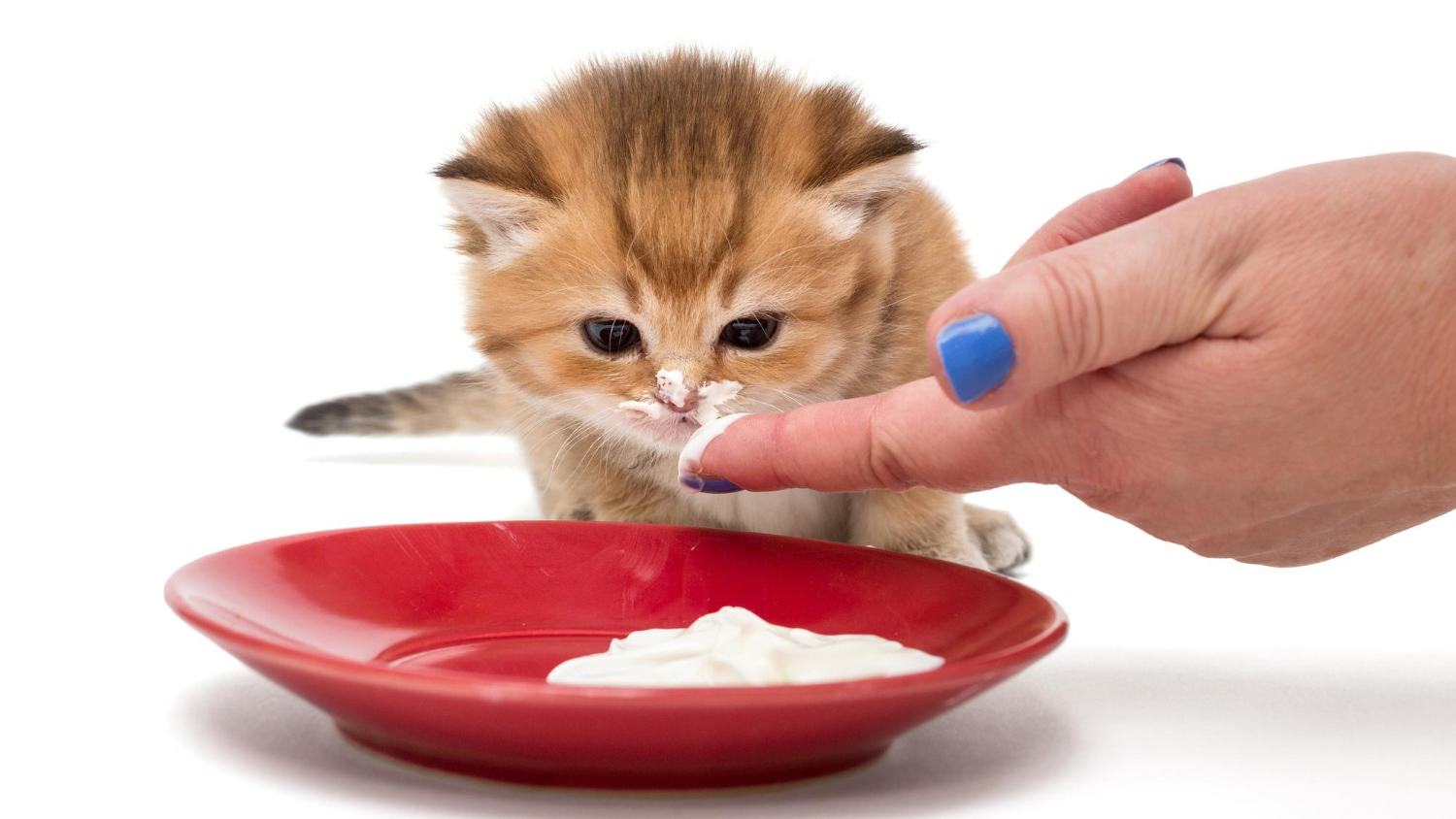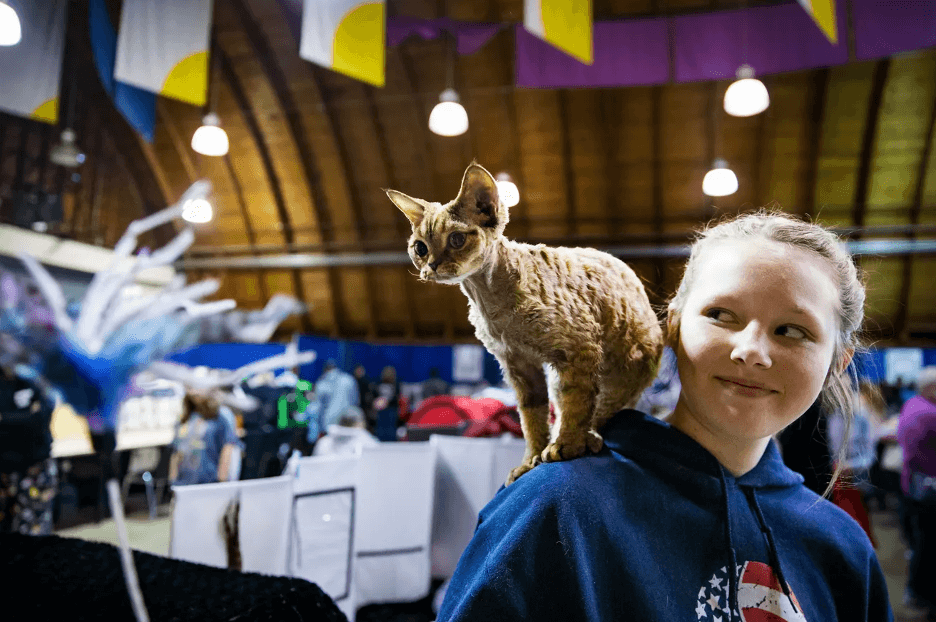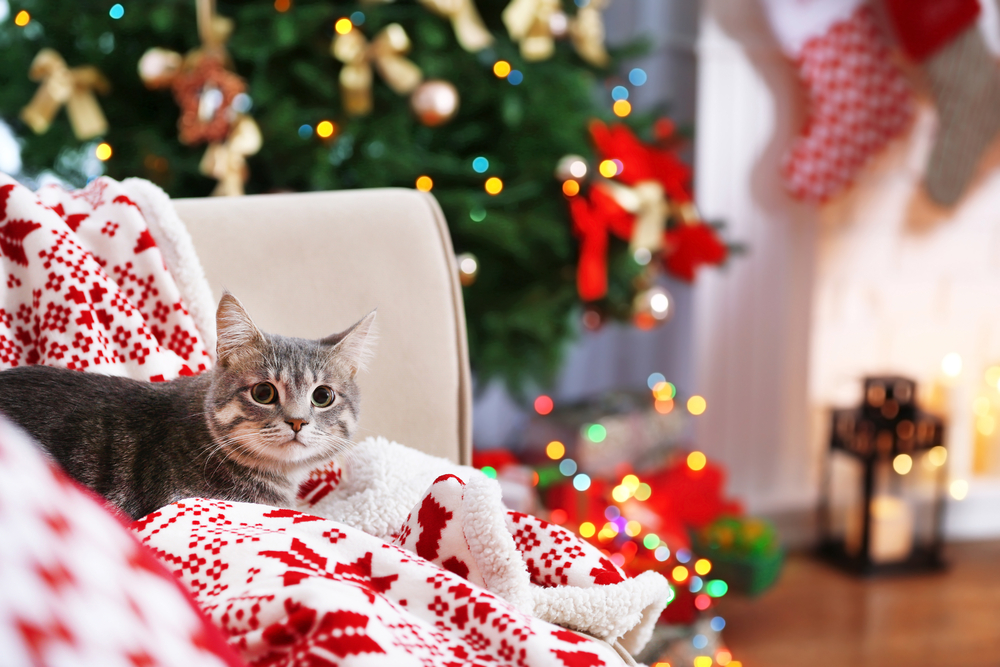Written by Rene Knapp, long time TICA member and dedicated cat lover.
Why Cats Sneeze
Sneezing in cats is often a natural response to irritants like dust or strong smells. However, it can also be a symptom of underlying health conditions, especially if it becomes frequent or is accompanied by other symptoms.
When Sneezing is Normal
Occasional sneezing, especially after your cat has sniffed something like pepper or litter dust, is usually not a cause for concern. Like humans, cats may sneeze to clear their nasal passages.
Environmental Irritants
Smoke, cleaning chemicals, dust, or even strong perfumes can lead to temporary sneezing. Keeping the environment free from irritants can reduce symptoms.
When to Worry About Cat Sneezing
If your cat’s sneezing is persistent and includes symptoms like discharge, loss of appetite, or lethargy, it may signal a respiratory infection or other health issue.
Common Illnesses
- Upper respiratory infections (URI)
- Feline herpesvirus or calicivirus
- Dental disease impacting nasal passages
- Nasal polyps or foreign objects
Signs You Should See a Vet
- Frequent sneezing over several days
- Thick or colored nasal discharge
- Fever, drooling, or breathing difficulty
How to Help Your Sneezing Cat
Ensure a clean, low-dust environment. Use humidifiers in dry climates, and keep up with regular veterinary checkups. Avoid over-the-counter medications unless advised by a vet.






















































































